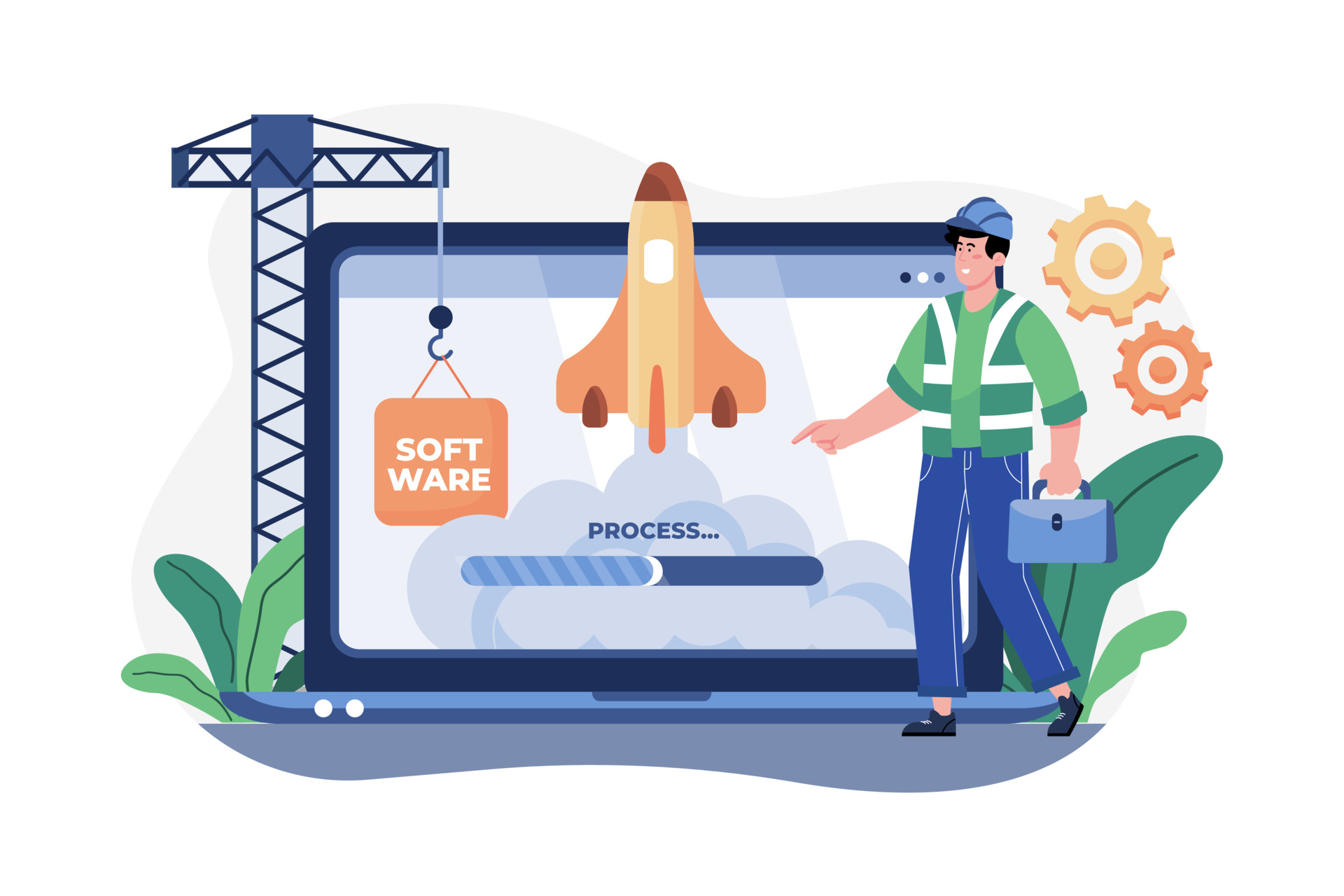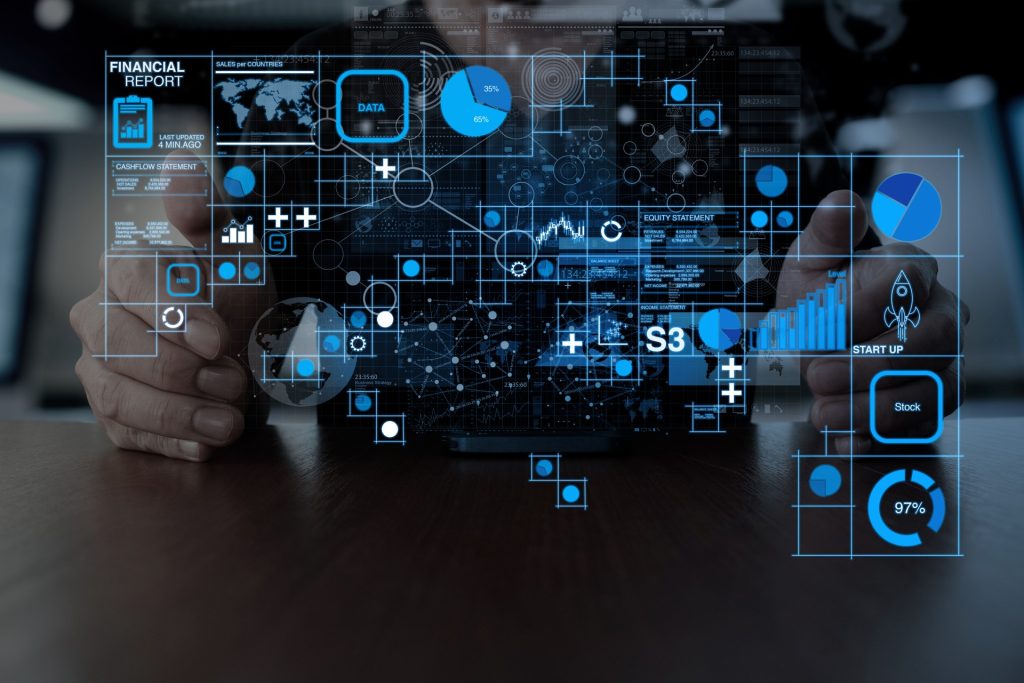In the ever-progressing digital landscape, traditional industries rooted in analog practices are undergoing a remarkable transformation. From manufacturing to healthcare, agriculture to finance, these sectors are integrating technological tools to enhance efficiency, sustainability, and competitiveness. This article delves into the journey of traditional industries embracing digital technology, revolutionizing their operations and ushering in a new era of innovation.
Manufacturing Revolution: Industry 4.0 and Beyond
Historically reliant on manual processes, manufacturing is now experiencing Industry 4.0—a digital revolution powered by automation and the Internet of Things (IoT). Smart factories optimize production, maintenance, and supply chains through real-time data analysis. Robotics and machine learning drive productivity, quality improvements, and waste reduction.
Agriculture’s Digital Cultivation
Technology is reshaping farming through precision agriculture, leveraging data from sensors, drones, and satellites. This approach optimizes planting, irrigation, and resource utilization. Real-time data empowers farmers with informed decisions for sustainable practices and increased yields.
Healthcare’s Digital Transformation
The healthcare sector is leveraging digital tools to enhance patient care and research. Telemedicine connects patients and doctors remotely, while electronic health records streamline information management. AI diagnostics and telehealth services redefine healthcare delivery, improving accuracy and accessibility.
Fintech’s Financial Frontier
Fintech disruptors are revolutionizing finance with digital payment systems, blockchain, and mobile apps. Peer-to-peer lending, robo-advisors, and cryptocurrencies reshape investment and banking. These tools offer convenient, secure, and efficient financial management.

Education Evolved: The Rise of E-Learning
Traditional classrooms are evolving into digital learning spaces. E-learning platforms provide accessible education with virtual classrooms and interactive content. EdTech tools empower educators with data insights to personalize learning experiences and track student progress.
Retail’s Digital Renaissance
Retail adapts to the digital era with e-commerce, augmented reality, and AI-driven analytics. Omnichannel strategies provide seamless shopping experiences, while supply chain digitization ensures efficient inventory management. Virtual showrooms and personalized recommendations enhance customer engagement.
Transportation’s Tech Transformation
Autonomous vehicles and smart logistics are reshaping transportation. Self-driving cars promise safety and efficiency, while electric vehicles address environmental concerns. Ride-sharing apps and navigation platforms optimize commuting and urban mobility.
Conclusion:
The transition from analog to digital represents a profound evolution in traditional industries. Embracing technological tools empowers these sectors to thrive in a changing world, fostering efficiency, innovation, and sustainability. As industries continue to evolve, the integration of digital technology promises a future of interconnected, efficient, and promising possibilities. The journey from analog to digital is a transformative leap toward a new era of progress and growth.















One Response